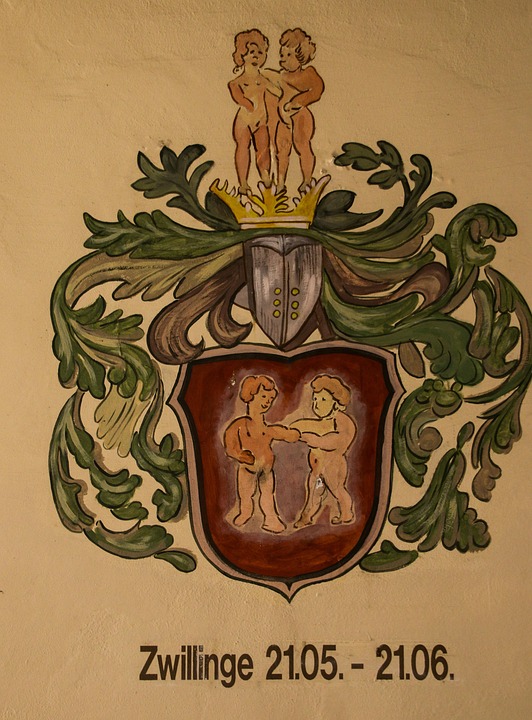Horoscopes Demystified: Your Guide to Astrology and Its Meaning
Astrology has captivated humankind for thousands of years, inspiring wonder, skepticism, and everything in between. From the ancient Babylonians to modern-day enthusiasts, the allure of horoscopes has generated a rich tapestry of beliefs and practices. In a world increasingly driven by data and scientific reasoning, the question remains: what is astrology, and how does it hold meaning in our lives? This article aims to demystify horoscopes, offering insights into their structure, purpose, and relevance.
The Origins of Astrology
Astrology traces its roots back to at least the 2nd millennium BCE, with early records found in Babylonian tablets that outlined celestial phenomena and their potential influence on earthly events. As cultures evolved, so did astrological practices. The Greeks further refined astrology, coining the term "horoscopo," which means "hour look"—a reference to the calculation of planetary positions at the time of a person’s birth. This marked the foundation of what we know today as natal astrology, focused on the individual’s personal horoscope.
Understanding Horoscopes
A horoscope is a chart or diagram representing the positions of celestial bodies at a specific time—most commonly, a person’s birth. A traditional horoscope includes several key components:
-
The Zodiac Signs: The zodiac is divided into 12 signs, each representing distinct personality traits, strengths, and weaknesses. These signs are named after constellations and correspond to twelve separate months or periods of the year, such as Aries (March 21 – April 19) and Taurus (April 20 – May 20).
-
The Planets: In astrology, planets—including the Sun and Moon—are thought to influence human behavior and experiences. Each planet is associated with specific characteristics (e.g., Venus represents love, while Mars embodies energy and aggression).
-
Houses: The horoscope is divided into twelve houses, each representing different areas of life, such as relationships, career, and personal growth. The placement of planets within these houses provides insights into various life aspects.
- Aspects: Aspects are the angles formed between planets in the chart. They indicate how these celestial bodies interact with one another, revealing potential challenges or strengths.
The Meaning Behind Your Horoscope
At its core, astrology invites individuals to explore their identities, connections with others, and challenges they may face. Here are a few key ways horoscopes can provide meaningful insights:
Self-Awareness and Reflection
Reading horoscopes can serve as a prompt for self-reflection, encouraging individuals to think about their traits, desires, and behaviors. For instance, a Taurus may recognize their tendency to seek stability and comfort, prompting them to evaluate how these traits affect their relationships and career choices.
Relationship Dynamics
Astrology can shed light on interpersonal relationships by examining how zodiac signs interact. Understanding how compatibility or challenges manifest in a relationship can lead to deeper insights about communication styles and emotional needs.
Life Patterns
Astrological transits—periods when planets move through specific signs and houses—can provide insight into recurring themes or significant changes in life. By understanding these cycles, individuals may find context for their experiences, ultimately helping them navigate transitions and embrace personal growth.
The Skepticism and Science of Astrology
Despite its rich history and devoted following, astrology faces criticism from skeptics. Many argue that its claims lack empirical evidence and that horoscopes can seem generalized or vague. They emphasize that one should not rely solely on astrological insights for decision-making.
However, astrology’s appeal lies in its symbolic interpretations rather than strict scientific predictions. Many practitioners view astrology as a tool for introspection rather than a definitive guide to one’s future. It can facilitate exploration of human emotions, desires, and ambitions in ways that resonate personally.
Conclusion: Your Path with Astrology
In a constantly changing world filled with uncertainties, the intrigue of horoscopes endures. Whether taken seriously or casually, astrology can foster a greater understanding of ourselves and our connections with others. As you delve into your horoscope, consider it an opportunity—rather than a decree—to reflect on your life, relationships, and the unfolding journey ahead. Demystifying astrology can lead to a new appreciation for the blend of cosmic forces and personal experiences, reminding us of the broader tapestry of existence wherein we all play a unique role.


























Add Comment